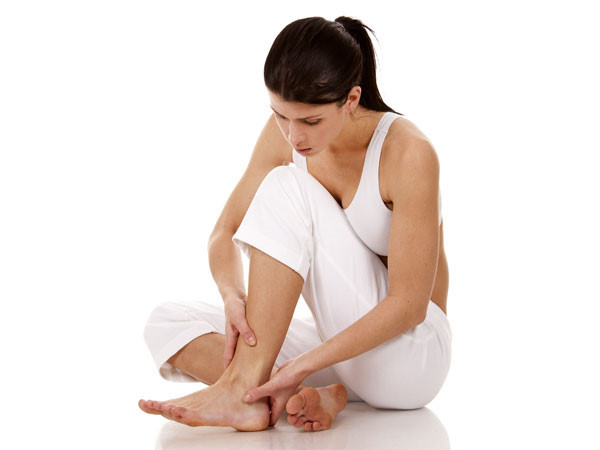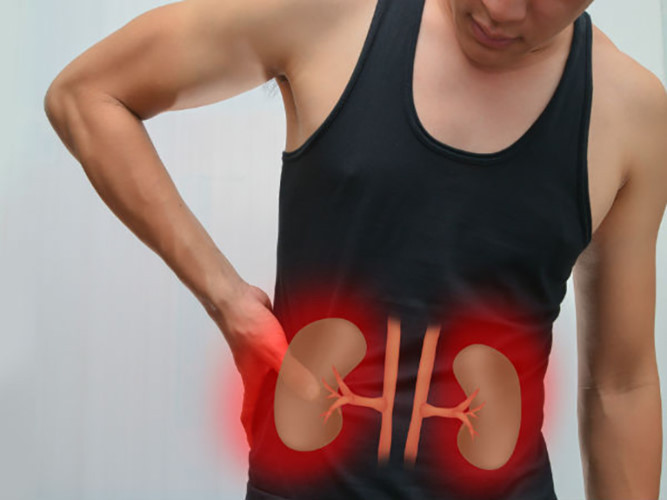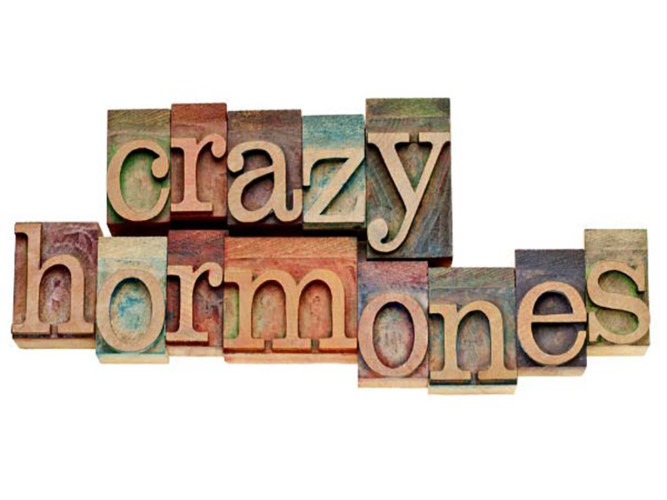Leg cramps usually occur in the back of the lower calf and they happen most often while you are sleeping or when you first wake up.
 |
| A cramp is a sudden, painful contraction of a muscle that stops the patient from moving. Although any muscle can cramp, it most commonly occurs in the calves, thighs, hands, feet, and abdominal muscles. Cramps can be dangerous if you are swimming, sitting near a fire, or driving. |
 |
| Kidney disorders:When a person has kidney dysfunction, phosphorus can build up in the body and lead to low calcium levels. Low calcium is often the main cause of muscle cramps. Additionally, some medications given to people with kidney disease cause calcium to be flushed out of the body, leading to cramps. |
 |
| Electrolyte imbalance:A major cause of muscle cramps is dehydration. Sweating during exercise depletes body fluids, which leads to the loss of certain minerals such as potassium, sodium chloride, and magnesium. This leads to electrolyte imbalance and dehydration, which ultimately leads to muscle cramps. |
 |
| Overtraining:Performing heavy exercises continuously over a period of time can lead to muscle overuse. Athletes often experience sudden muscle cramps during exercise, because during running, the calf muscles are overworked, causing them to contract suddenly. |
 |
| Too much exercise also causes lactic acid to accumulate in the muscles, leading to a disruption in the transmission of signals between nerves and muscles. Even though the brain wants the muscles to relax after movement, the muscles continue to contract, causing pain. |
 |
| Side effects of the drug:Medications used for kidney disease can cause fluid loss from the body, leading to muscle cramps. Medications for high blood pressure and asthma also cause muscle cramps because they reduce the amount of potassium, calcium, and magnesium in the body, leading to electrolyte imbalances. |
 |
| Hormonal imbalance:Women going through menopause may experience frequent muscle cramps due to low estrogen levels in the body at that time. Low estrogen levels lead to muscle fatigue and muscle cramps. |
According to VOV









